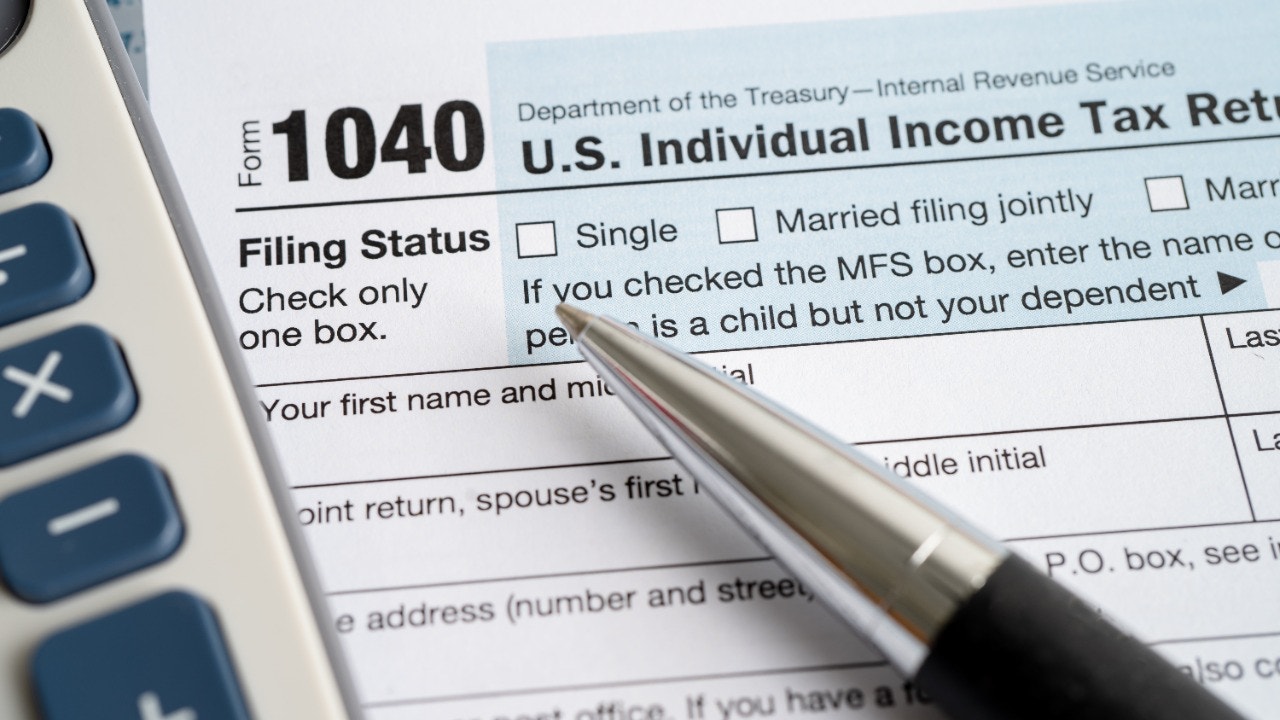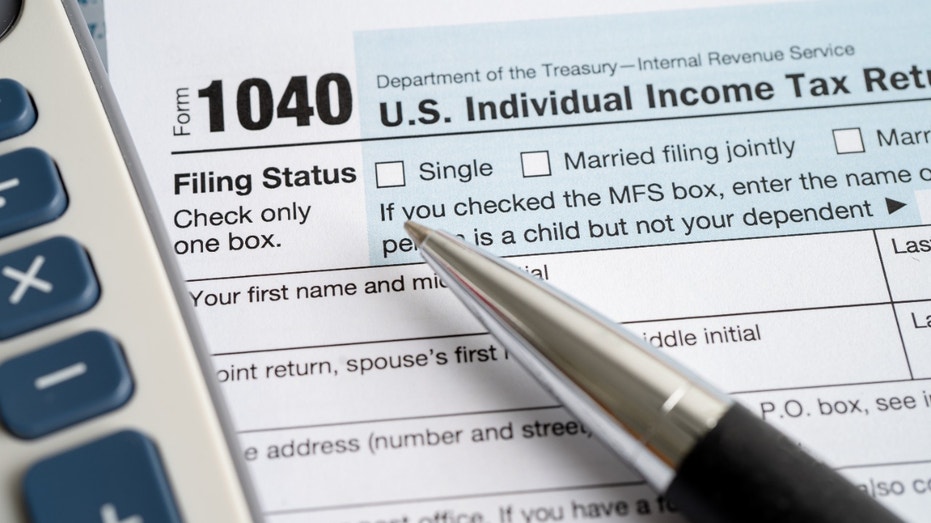
Breitbart economics and finance editor John Carney joins ‘The Bottom Line’ to discuss The Washington Post fact-checking President Biden’s tax pledge, saying it has ‘incomplete budgeting.’
Even though the processing of filing taxes can be stressful to get done, many look forward to the refund that they receive.
You aren’t going to receive the same refund, or a refund at all, each year. Whether you get a refund is dependent on a variety of factors. The main one is how much you have paid to the government in taxes in the previous year. If you have had too much of your income withheld, then you will get a refund of that extra amount you paid during the previous year.
The faster you file your taxes, the faster your refund will be on its way. Here’s everything you need to know about tax refunds.

For the fastest refund, file your taxes electronically, and opt for direct deposit. (iStock / iStock)
TAX SEASON HAS OFFICIALLY STARTED: HERE’S EVERYTHING YOU NEED TO KNOW BEFORE FILING
1. Can I calculate how much I’m getting back?
The short answer is yes. You can calculate (approximately) how much your refund will be before you receive it.
The easiest way to do this is through the many refund calculators available online. All you have to do is fill out your financial information and a refund amount will be provided to you. While this number may not be exact, it can give you a good idea of what you can expect to get back in your refund.
Some companies that have online refund calculators are TurboTax, H&R Block and NerdWallet.
2. What are tax refunds?
A tax refund is the money that you get back after filing your taxes. You receive a refund if you had too much money withheld and overpaid your taxes the previous year.
TURBOTAX, H&R BLOCK AND MORE TAX COMPANIES YOU CAN E-FILE WITH IN 2024
“Taxpayers are typically eligible for refunds if they are employees and have excess federal/state withholdings or if they are self-employed — the quarterly estimated tax payments remitted during the course of the year exceeds the tax liability,” Jason Schwitzer, a CPA and managing partner at Nathen T. Schwitzer & Associates, told FOX Business.
3. When should I expect my refund?
There is no exact answer to this question, because not everyone gets their refund at the same time. How quickly you get your refund has a lot to do with how quickly you file, how you file and how you choose to receive your refund.

It’s important to file your taxes both quickly and accurately to get your refund fast. (iStock / iStock)
The first tip is to file your taxes as soon as you can. The faster you file, the faster you can expect that refund to hit your bank account.
While the speed at which you file is important, the accuracy of your information is also extremely important. If there is any information that is not correct or further information is needed, it could take more than 120 days to process the refund, according to the IRS. If there are any issues, you will receive a letter from the IRS.
According to the IRS, filing your taxes electronically is the most efficient method.
Another important factor is choosing to receive your refund through direct deposit, in order to get a faster refund delivery time.
SMALL BUSINESS AND SELF-EMPLOYED TAXES: EVERYTHING YOU NEED TO KNOW
“If you elect to receive your refund by direct deposit, you will receive those funds typically in two to four weeks, depending on how quickly your tax return is processed and if it is electronically filed,” Schwitzer said. “If you elect to receive your refund by paper check it can take double, sometimes triple the amount of time — especially if your address is not up-to-date and accurate.”
4. Can I check my refund status online?
Yes, you can check your refund status online or even through an app on your phone.
There is a “Where’s My Refund” tab on the IRS website where you can go to check the status of your refund. To do this, you will need to have your Social Security number, taxpayer ID number, filing status and the exact refund amount on your return handy.
There is also a way to check your refund status on the IRS2Go mobile app.
5. What should I do with my tax refund?
What you decide to do with the money you get back really depends on what your needs are at the time you receive your refund.

Many choose to pay off a debt with their tax refunds or put it into their savings. (iStock / iStock)
“It depends on what the cash flow needs of the taxpayer. There may be a need to pay down consumer debt or utilize the funds towards the subsequent year’s estimated tax payments. But really it depends on the needs of the taxpayer,” Schwitzer said.
Many elect to put their tax refund straight into a high-yield savings account or invest the cash, if they are able. If you have any outstanding debt, whether that be on a credit card, or maybe a student or car loan, putting your refund towards that also isn’t a bad idea.
GET FOX BUSINESS ON THE GO BY CLICKING HERE
A tax refund can also be a great cushion to put away as part, or the start, of an emergency fund to protect you when unexpected expenses arise.






